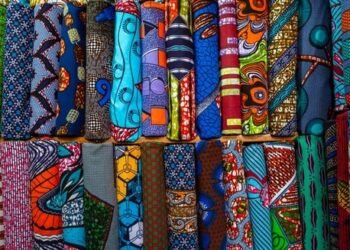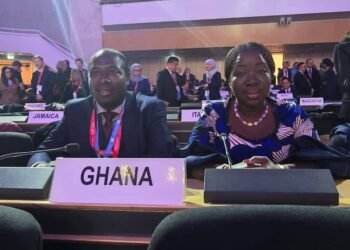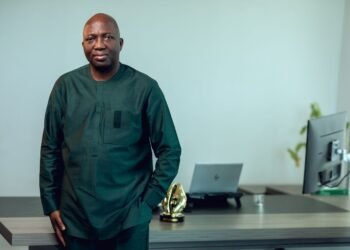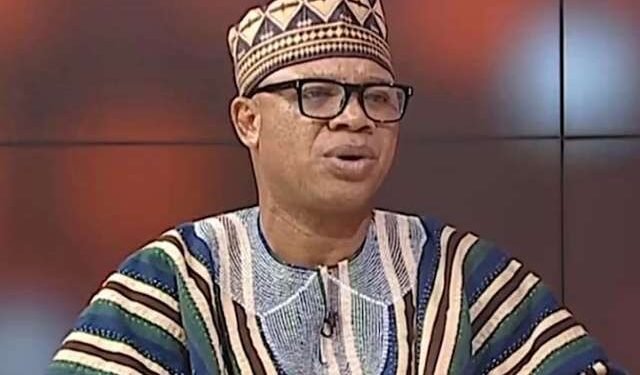The African Continental Free Trade Area (AfCFTA) Secretariat has announced that the cost of trading among African countries is on the rise causing Africa to lose US$ 5billion annually through forex exchange transactions.
The high cost of doing business among countries in the continent extends from their weakening local currency against the major world trading currencies.
Dr. Tsotetsi Makong, Director for Coordination and Programmes at AfCFTA, revealed the persistent challenges the continent faces and the need for countries to join in finding a permanent solution.
“The continent loses US$ 5 Billion annually in forex exchanges. For you to trade with someone in South Africa, your money has to go to the United States or Europe. You pay them to do transactions among yourself. And we are saying we need to correct that. This is the reality of where we live.”
Dr. Tsotetsi Makong, Director for Coordination and Programmes at AfCFTA
In a speech at the 2nd International Conference on Environment, Social, Governance and Sustainable Development of Africa (ICESDA 2025), Dr. Makong expressed AfCFTA’s commitment in addressing the menace facing the continent.
He, therefore, advocated strongly for countries to subscribe to proposed instruments to establish Africa’s sovereignty.
“AfCFTA is seeking to correct some of these injustices to the extent possible. Under the AfCFTA, having instruments, like protocol in digital trade, ensures that when it comes to the payment systems, we can get a certain level of sovereignty as African.”
Dr. Tsotetsi Makong, Director for Coordination and Programmes at AfCFTA
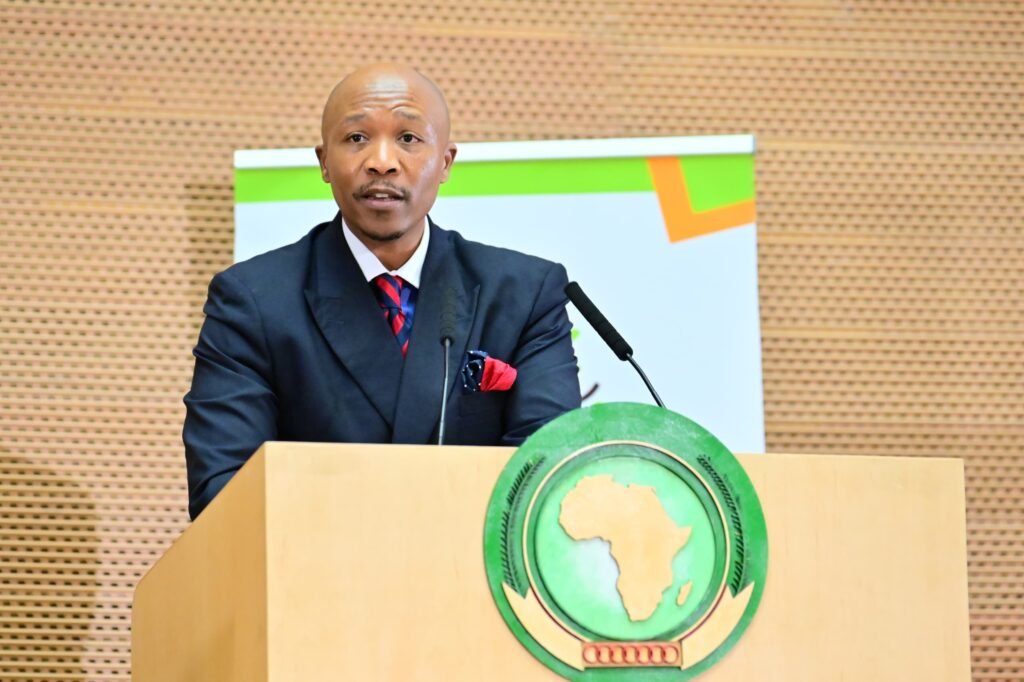
The African Paradigm
“We look at ourselves; where did you get your shirt, where did you buy them? The building materials, the air conditioners we are having in the house here, they are not from here.” Mr Makong lamented in Accra. He explained, “Why is that so? Because the cost of doing business in the continent is high.”
African countries are fragmented by ideologies, interests, alignments, and other barriers that prevent collaboration. He further called for unity to ensure the collective development and promotion of trade among countries in Africa.
In buttressing his earlier claim, he declared that, as a single market called Africa, there are unlimited opportunities and investments that individual countries cannot attract on their own.
“Remember, we’ve been fragmented, and these artificial borders have been created. Nobody is going to invest in Ghana because Ghana is too small to attract huge investment. But if you put Nigeria together, Togo together, and you create one single market, which is what we’re doing in the AfCFTA, you increase the potential and the possibility for investments to be made in the continent.”
Dr. Tsotetsi Makong, Director for Coordination and Programmes at AfCFTA
Mr. Makong mentioned that “individually, no single African country can advance,” adding that “the markets are very small to justify huge investments.” To achieve the continent’s target in investment level for growth and development, “we need to make sure that we pull together as countries,” he concluded.
AfCFTA Secretariat
AfCFTA is a flagship initiative of the African Union (AU) Agenda 2063: The Africa We Want. The trade area is the largest free trade area with 54 member countries of the AU and 8 Regional Economic Communities (RECs).
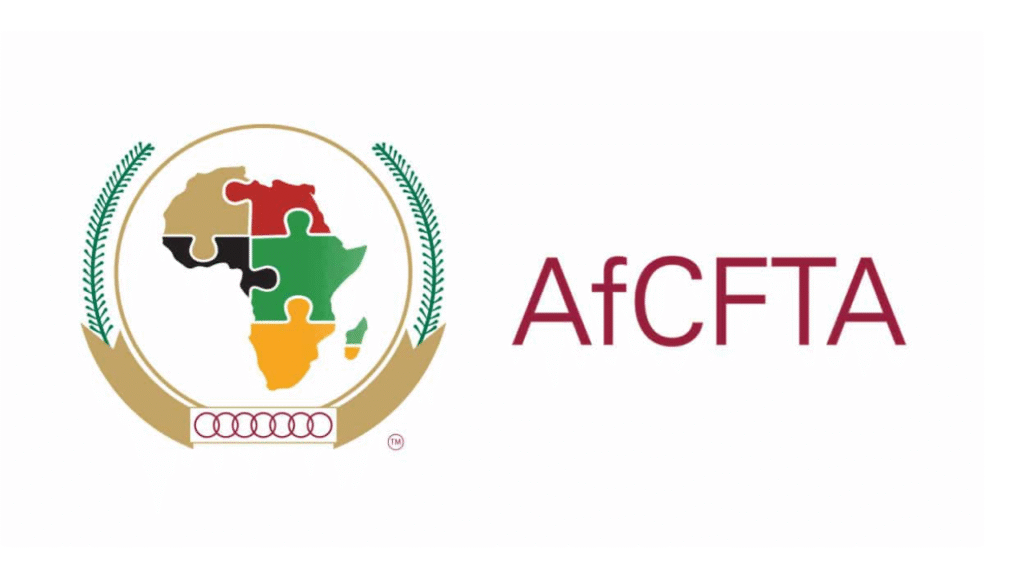
It was established in 2018 to eliminate trade barriers among member countries, boost intra-Africa trade, and advance trade in value-added production across all service sectors of the African Economy.
The AfCFTA is to provide enabling investment and job creation. A successful AfCFTA will promote industrialisation, job creation, and investment, thus enhancing the competitiveness of Africa in the medium to long term.
Earlier this year, Africa Kiiza in his report “Assessing Five Years of the African Continental Free Trade Area (AfCFTA): Proposals on Potential Amendments” declared that the AfCFTA was founded on too basic assumptions. This he cautioned, could hamper its success.
He disagrees with the notion that removing tariffs alone could automatically boost trade among African countries. “The idea that liberalization and tariff removal will automatically increase trade is flawed. We must first overcome production-related challenges to truly facilitate exchanges,” he argued.
This framework Mr. Kiiza ascribed to be the reason why the initiative is struggling. Characteristics of African countries such as low productivity and industrial output cannot meet market demands of larger integrated markets. Countries also have poor road networks, inefficient rail systems, and delays at ports make cross-border trade expensive and slow.
At the back of these challenges, the concerns of Dr. Tsotetsi Makong are legitimized. Individual countries are encouraged to unite and manage their economies well to avoid these annual losses.





